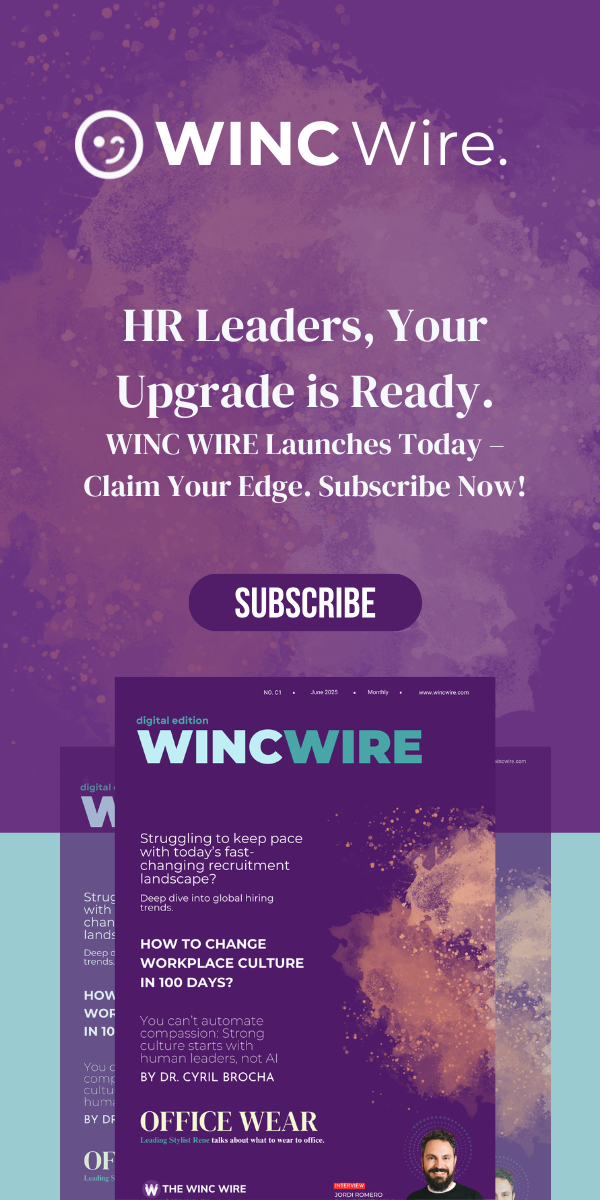Picture a workplace where every choice—from daily decisions to strategic pivots—is guided by real-time insights, not gut instinct. It’s a setting where data flows through the organisation like electricity through a circuit board — illuminating, enabling, and connecting. This isn’t a far-off future. It’s already unfolding. And at the heart of this transformation lies one quiet but powerful skill: data literacy.
Beyond Spreadsheets: Redefining What It Means to Be Data-Literate
Data literacy goes far beyond knowing how to navigate a spreadsheet or crunch a few numbers. It’s about nurturing a mindset — one that questions data, interprets it with discernment, and uses it to guide better decisions. It’s about knowing when to lean into the machine and when to think beyond it.
The challenge? Most organisations haven’t caught up. Despite the shift, they haven’t yet built the internal capability to empower their people in this new language of the workplace.
The AI Era Demands More Than Algorithms — It Needs People Fluent in Insight
Artificial Intelligence isn’t replacing the workforce — it’s reimagining it. Every function, from logistics to L&D, now operates in concert with intelligent systems. But just as a symphony needs skilled musicians to give life to its notes, organisations need people who understand how to work with data, not just around it.
When employees become data-literate, they don’t just perform. They transform.
Here’s how:
- Sharper Decision-Making: In an environment where timing is everything, interpreting data swiftly can mean the difference between traction and turbulence.
- Human-Centric Creativity: While AI may accelerate analysis, it can’t replicate the depth of human imagination. Employees who harness data to elevate creative thinking are the bridge between logic and innovation.
- Career Resilience: From automotive supply chains to digital marketing, the ability to decode data is fast becoming a universal passport for professional growth.
The Silent Risk of Standing Still
Despite the critical need, data literacy efforts often remain boxed into traditional roles — analysts, engineers, and IT. The rest of the organisation is expected to “figure it out” on the fly.
The outcome? A culture of quiet frustration. Teams feel overwhelmed, unsupported, and excluded from strategic decision-making. Over time, this dissonance chips away at morale and retention. The best talent — those who thrive on growth — begin to look elsewhere.
Let’s be blunt: organisations that neglect to upskill across the board will fall behind. Not because they lack tools, but because they’ve failed to invest in the people who use them.
From Gap to Growth: A Playbook for Building Data Fluency
Turning this around doesn’t require a sweeping reinvention. As I’ve seen across sectors — from HR transformation projects in the Middle East to operations overhauls in hospitality — the most sustainable change is often the most practical.
Here’s where to start:
- Make Learning Inclusive: Data literacy should be democratised. Training shouldn’t just be reserved for technical roles. Finance teams, people ops, and customer service — all should have access to tools and tailored support.
- Normalise the Practice: Skills only stick when they’re applied. Embed data thinking into everyday workflows. Give teams the time and space to experiment, question, and explore.
- Lead by Example: Culture cascades from the top. When leaders use data as part of their strategic storytelling, it gives permission and encouragement for others to do the same.
What you’re building here isn’t a short-term capability. You’re crafting a culture of curiosity, evidence, and empowerment.
This is the Moment — Not a Footnote
The path to a truly data-literate organisation isn’t linear. It takes courage to move beyond outdated training models or department-first thinking. But those willing to leap will find themselves ahead of the curve, not just in tools, but in talent.
In a world being reshaped by automation, what remains human is our ability to ask better questions. That’s the hallmark of data literacy. It’s not about knowing all the answers — it’s about knowing where to look.
And in the workplaces of tomorrow, that will be the skill that truly sets you apart.





